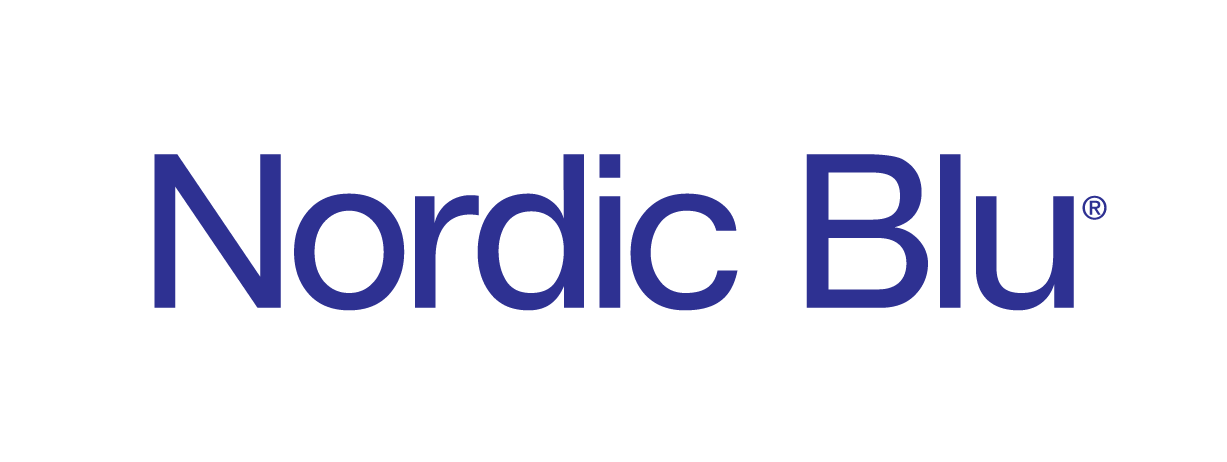Seaweed
Nordic Blu Seaweed is a joint venture established in 2017 in collaboration with PurSea and Salten Algae. The partnership combines expertise and passion for sustainable kelp production.
Sustainability in the industrial production of kelp is a critical focus, particularly as global interest in sustainable food sources and marine resources continues to rise.
Environmental Benefits
Kelp farming enhances water quality by absorbing excess nutrients such as nitrogen and phosphorus, which can lead to eutrophication in coastal areas. This natural filtration process helps mitigate the negative impacts of agricultural runoff and other forms of aquaculture discharge.
Kelp Production
Carbon Sequestration: Kelp, a fast-growing seaweed, absorbs carbon dioxide during photosynthesis. Large-scale kelp farming has the potential to sequester significant amounts of carbon, aiding in the fight against climate change. Industrial kelp forests are up to 10 times more effective at capturing carbon than rainforests.
Biodiversity: Kelp forests provide crucial habitats for diverse marine species, promoting biodiversity. Sustainable harvesting practices ensure these ecosystems remain vibrant and productive.
Resource Efficiency: Kelp does not require freshwater, fertilizers, or pesticides to grow. This makes it a low-impact crop compared to traditional agriculture, allowing sustainable production without depleting land or freshwater resources.
Economic Benefits
The kelp industry offers significant economic advantages to coastal communities by creating jobs in farming, processing, and distribution. By adopting sustainable practices, these opportunities can remain viable and expand over the long term.
Future Outlook
The future of industrial kelp production is bright, driven by several key factors:
Rising Demand: With increasing awareness of sustainable food sources, demand for kelp is expected to grow across various industries, including food, dietary supplements, bioplastics, biofuels, cosmetics, and pharmaceuticals.
Technological Advancements: Innovations in aquaculture, such as improved cultivation techniques and automated harvesting, are enhancing efficiency and scalability. These advancements are already underway and will enable a tenfold increase in production capacity within a short timeframe.
Climate Change Mitigation: Kelp farming is gaining recognition for its role in carbon sequestration and climate change mitigation. This has the potential to attract greater support from governments and environmental organizations worldwide.



